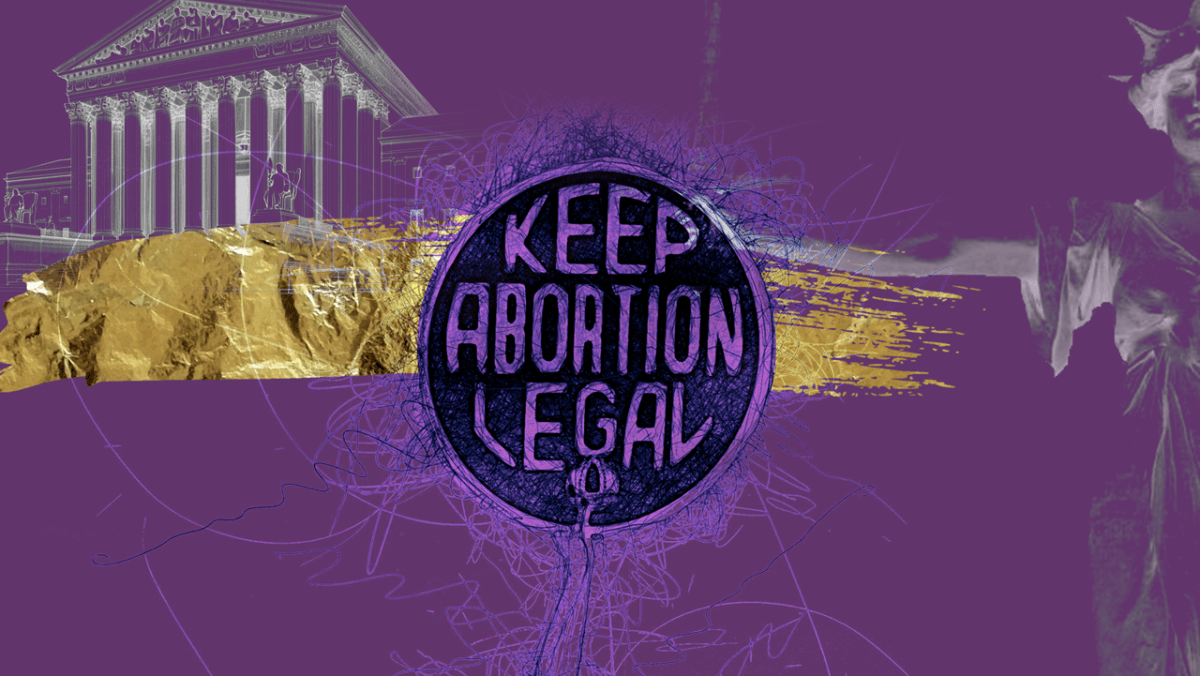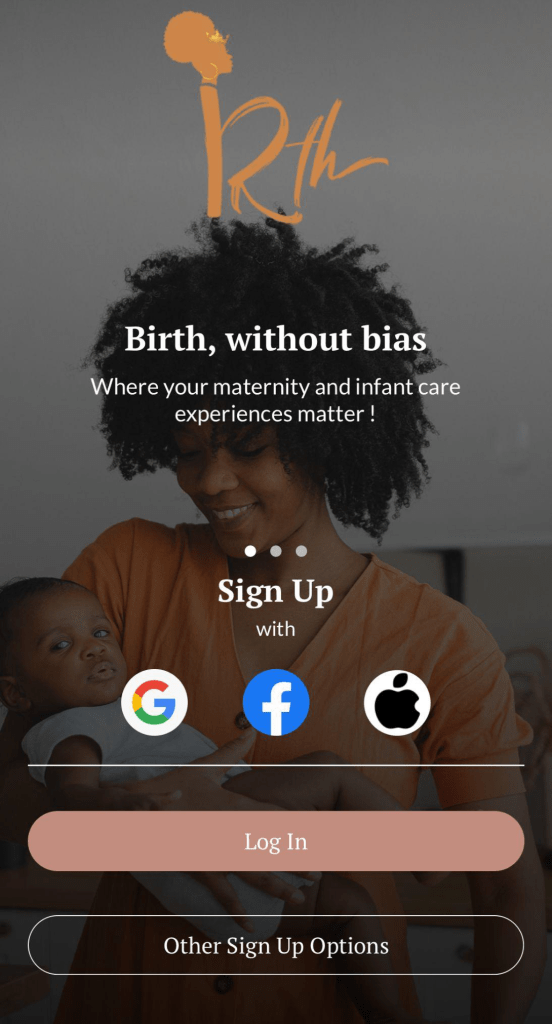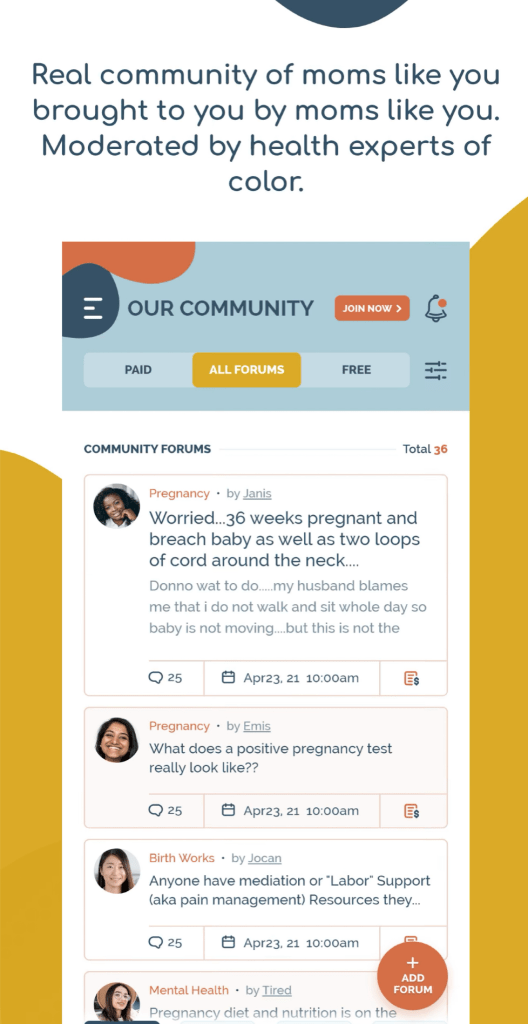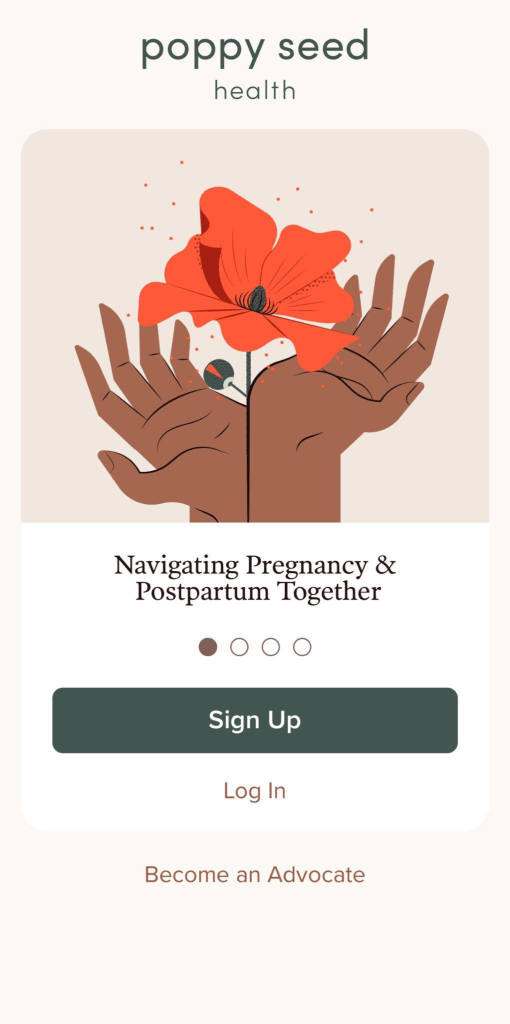Summary
The Arizona Supreme Court has ruled that the state can enforce a law that bans nearly all abortions, potentially making it the 15th state to ban abortions since the 2022 overturning of Roe v. Wade. The law, which had been unenforced for decades, will not immediately take effect, as the case will be sent back to a lower court for further arguments. The ruling has been criticized by Arizona Gov. Katie Hobbs, and California Gov. Gavin Newsom expressed support for Arizona residents seeking reproductive health care. Black maternal and reproductive health advocates are creating maternal health apps to support birthing people of color and address the ongoing maternal health crisis.
Last Updated on April 18, 2024 by BVN
Breanna Reeves
Following the 2022 overturning of Roe v. Wade, near or total abortion bans have gone into effect across 14 states after the Supreme Court’s decision. Arizona may become the 15th state to ban abortions after the Arizona Supreme Court ruled that the state could enforce a law that bans nearly all abortions. The 1864 law that banned nearly all abortions in the state went unenforced for decades after Roe v. Wade passed in 1973.
“The unfortunate reality is that this attack on bodily autonomy and reproductive freedom is nothing new,” said Darrah DiGiorgio Johnson, president and CEO of Planned Parenthood of the Pacific Southwest (PPPSW), in a statement. PPPSW supports patients from San Diego, Riverside and Imperial counties. “Since Roe was overturned, patients have been forced to travel and navigate additional barriers to get the basic care they need.”
According to Johnson, after the Supreme Court’s decision, PPPSW increased their capacity to serve out-of-state patients. An estimated 10% of all abortion patients at PPPSW come from states outside of California.
As reproductive justice and health advocates continue to emphasize the significant health impacts of restricting access to reproductive health care, the Black Mamas Matter Alliance reinforced this topic with the 2024 Black Maternal Health Week theme: “Our Bodies STILL Belong to Us: Reproductive Justice NOW!”
Although the Arizona Supreme Court upheld the 1864 law, the abortion ban will not immediately take effect. The court put the ruling on hold and sent the case back to a lower court to hear more arguments.
Arizona Gov. Katie Hobbs criticized the court’s ruling and emphasized that under her tenure as governor, no woman or doctor will be prosecuted under the “draconian law.”
California Gov. Gavin Newsom expressed his support in a tweet and reinforced California’s support for Arizona residents seeking access to reproductive health care. California continues to be a state that protects reproductive health rights by working to improve quality access to care in general and maternal health outcomes for Black birthing people who have some of the worst health results.
While Black Maternal Health Week comes to an end, Black maternal and reproductive health advocates continue to forge solutions of their own to support birthing people of color and address the ongoing maternal health crisis.
Here are three maternal health apps created by Black women and women of color to support birthing people of color:
Created by Kimberly Seals Allers, journalist and birth equity advocate, Irth — “as in Birth, but without the B for bias” — operates like Yelp where users can read prenatal, birthing, postpartum and pediatric reviews written by Black and brown parents. Inspired by her own traumatizing birthing experience, this app allows families to read peer reviews of other birthing experiences and write their own. Irth then translates that information into quantitative data to “identify patterns and behaviors, as we leverage the collective power of Black and brown consumers to push for social change.”
Layo George, a registered nurse, is the founder of Wolomi, an app developed to support and guide birthing parents and parents-to-be with their pregnancy journey. Marketed as the “pregnancy companion app,” Wolomi is a digital-based community that allows users to connect with one another and health experts to improve maternal health outcomes. Wolomi was inspired by George who sought to address the national maternal health crisis impacting women of color. According to the company’s website. Wolomi offers users weekly tips from a midwife of color to help them prepare for doctor’s appointments, advice from trusted experts and “assessments to check” on how they’re doing throughout their pregnancy journeys. The app also includes access to community discussions led by a registered nurse.
Founded by Simmone Taitt, who suffered several miscarriages, Poppy Seed Health was born.
“My experiences firsthand made me realize that having emotional support allowed me to melt in my own vulnerabilities, joys and fears when I felt the most isolated. This is why I started Poppy Seed Health — to restructure pregnancy and postpartum care with an emphasis on emotional and mental health support that puts accessibility, equity and radical empathy at the center of our care model,” according to a statement from Taitt on the company website.
Taitt became a birth and full-spectrum doula and launched Poppy Seed Health in 2019. The Poppy Seed Health app provides members with 24-hour access to doulas, midwives and nurses for birthing, postpartum, loss and miscarriage support.






